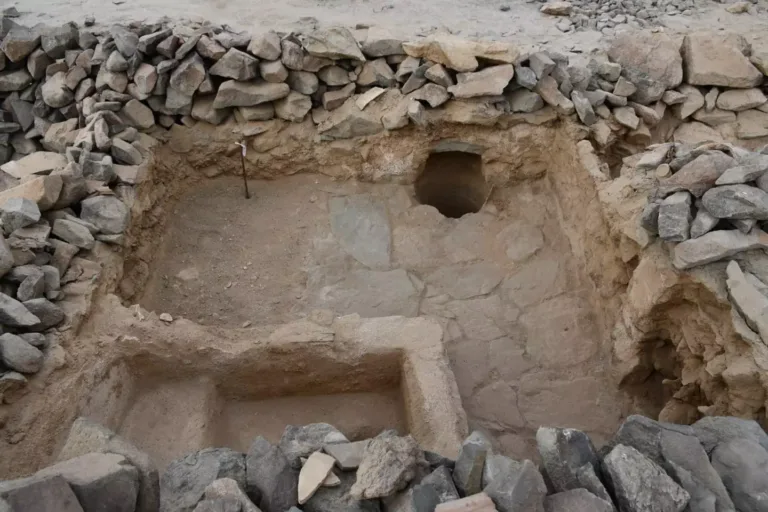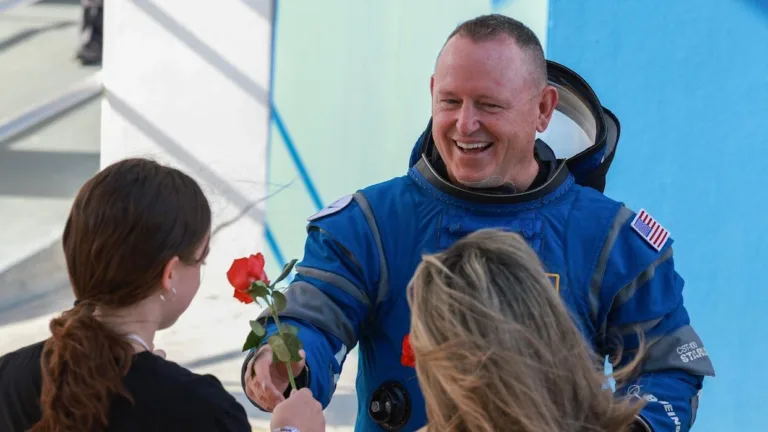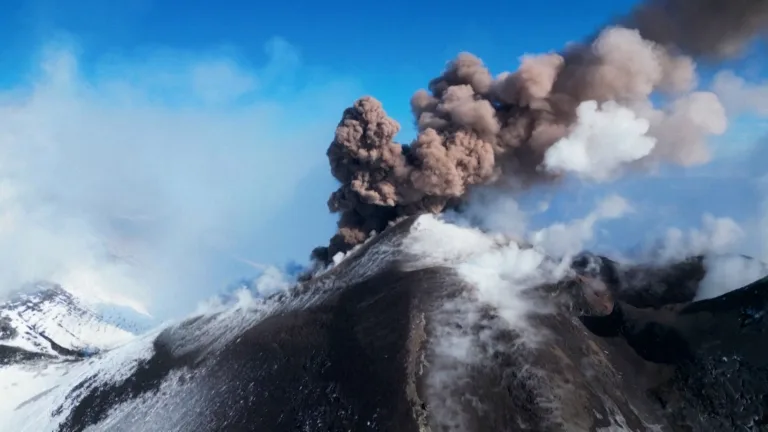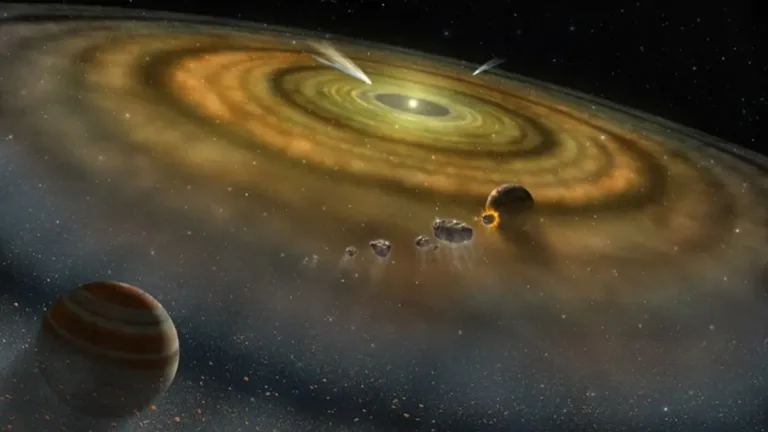Former NASA Physicist’s New Experiments May Prove We Live in a Simulation
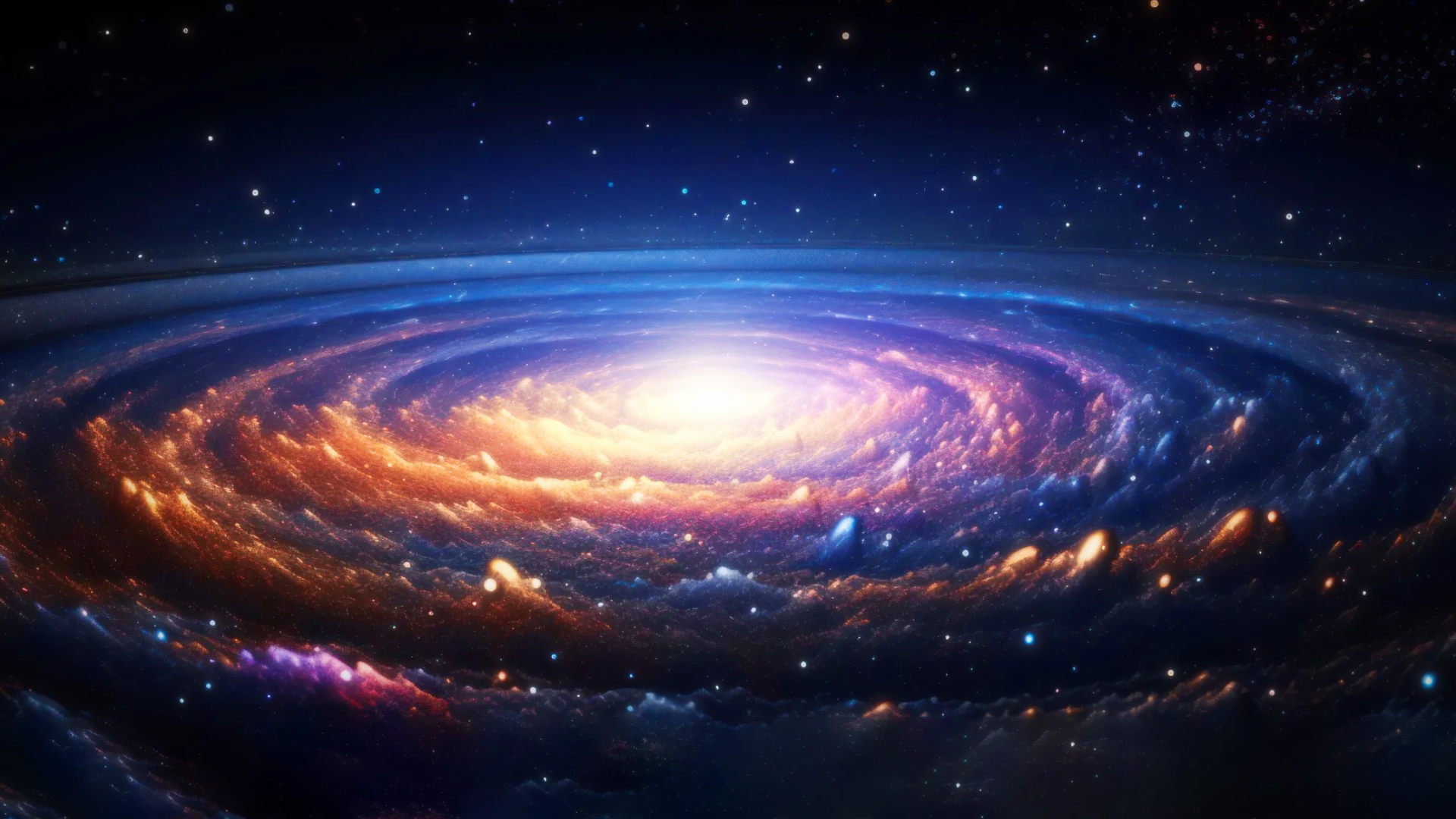
Imagine a world where the very fabric of reality is not what it seems—where the universe operates like a highly advanced video game, with our lives, experiences, and everything around us being mere “rendered” pixels in a cosmic simulation. This idea, which has long been the subject of philosophical debate and speculative fiction, is now being explored through science.
Former NASA physicist Thomas Campbell has taken it upon himself to test the boundaries of this mind-bending question: Do we live in a simulation? As a researcher with extensive experience in physics, Campbell is approaching this hypothesis in a new, scientifically rigorous way, developing a series of groundbreaking experiments to test whether our universe could be simulated—much like the virtual worlds in video games.

Could our own lives be like a video game? (Getty Stock Photo)
Through his non-profit organization, Campbell has designed these experiments as a modern take on the famous double-slit experiment, a pivotal quantum mechanics experiment that explores the wave-particle duality of light and matter. However, Campbell’s focus is not just on particles but on the very nature of existence itself, exploring the possibility that the universe might be “rendered” or constructed only when observed. The results of these experiments may hold the key to proving that reality is an elaborate simulation.
The Simulation Hypothesis: An Overview
The concept of simulation theory is not new. The idea that reality might be a computer-generated simulation was popularized by philosopher Nick Bostrom in 2003, but it has roots that stretch back to much earlier thinkers and science fiction writers. The theory suggests that advanced civilizations in the future, or perhaps even current extraterrestrial beings, could create simulated worlds—so sophisticated that the inhabitants of these simulations would never realize they are not part of a “real” physical universe.
A key idea in this hypothesis is that the level of sophistication required to generate a fully immersive, self-consistent simulation would be so advanced that it would be indistinguishable from reality to the beings inside it. Are we living in such a simulation? Are we simply characters in a cosmic video game, going about our lives unaware of the code that underlies our existence?
Thomas Campbell’s Participatory Universe: Testing the Simulation Hypothesis
Thomas Campbell’s approach to this theory goes beyond mere philosophical musings or abstract thought experiments.
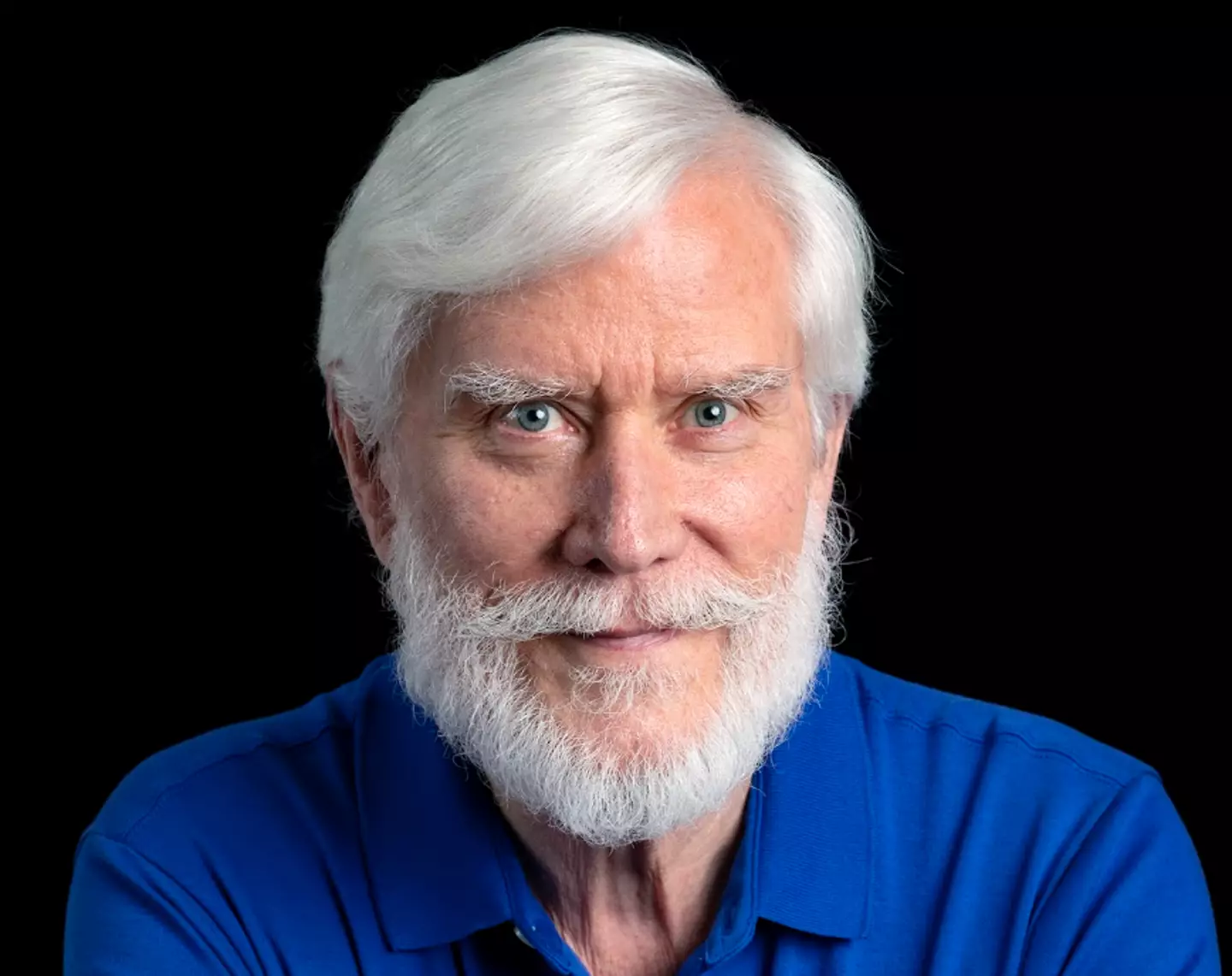
Thomas Campbell shared his experiments in a 2017 paper. (CUSAC)
With his scientific background, including a long career with NASA and extensive work in the fields of physics and consciousness, Campbell’s experiments seek to push the boundaries of what we know about reality.
The Participatory Universe
Campbell’s hypothesis revolves around the idea of a “participatory universe”—a universe that only “exists” when observed, much like objects in a video game only materialize when the player moves through the environment. This idea is rooted in quantum mechanics, specifically in the double-slit experiment, which reveals strange behaviors of light and matter depending on whether they are being observed or not.
In the traditional double-slit experiment, light or particles of matter are shot through two slits, creating an interference pattern typical of waves when they are not being observed. However, when an observer is introduced, the pattern collapses and behaves like particles. This suggests that the act of observation plays a crucial role in determining the reality of the situation. Campbell takes this idea further by suggesting that the information about the universe, without an observer (or “player”), does not actually exist in any meaningful way. In his view, it is only through interaction—like a video game—that the universe “becomes real” to us.
This theory aligns with the Copenhagen interpretation of quantum mechanics, which proposes that quantum systems exist in a superposition of states until observed. According to Campbell, the act of observing or interacting with the universe causes the system to “render” the reality we experience.
The Experiments: Testing Reality
Campbell’s experiments aim to explore whether this idea holds any scientific merit. By designing experiments that take inspiration from the double-slit experiment, he seeks to observe the effects of conscious observation on the physical world. While the traditional double-slit experiment examines the behavior of light or particles in a lab setting, Campbell’s focus is broader—examining whether the entire universe behaves differently when being observed and whether reality “emerges” only when someone is there to witness it.
One of the key aspects of these experiments is the concept of information. Campbell proposes that in a simulation, much like a video game, information about objects and events only gets “rendered” when necessary. Without an observer, the information about the universe remains unmanifested. Thus, one of his experiments might seek to measure how much information in the universe exists at a given moment without an active participant interacting with it.
The Implications of a Simulated Universe
If Campbell’s experiments yield evidence supporting the simulation hypothesis, it would revolutionize not only our understanding of physics but also our place in the cosmos. The implications of living in a simulation are profound and could stretch across various fields, from technology to philosophy and even ethics.

Credit: Getty / Futurism
Philosophical Questions: Free Will vs. Determinism
If the universe is indeed a simulation, the questions of free will and determinism come into sharp focus. Do we truly have control over our actions, or are we merely following a predetermined path created by the code that governs the simulation? This raises significant ethical dilemmas about the nature of consciousness, responsibility, and choice.
Additionally, the nature of consciousness itself becomes an area of great exploration. If our experiences and awareness are part of a simulation, what does that say about the fundamental nature of consciousness? Are we “real” in the traditional sense, or are we simply the result of complex algorithms and data being processed by an advanced supercomputer?
Technological Questions: The Limits of Computational Power
Another intriguing aspect of the simulation hypothesis is the question of computational power. How advanced would a civilization need to be to create a simulation that is indistinguishable from reality? If humans ever reach such technological capabilities, it may suggest that we could one day build our own simulations, potentially giving rise to a new era of virtual existence. This begs the question: if simulations are possible, how do we know we are not the product of such an advanced civilization’s experiment?
Existential Questions: The Nature of Our Reality
Perhaps most fundamentally, the simulation hypothesis challenges our very conception of reality. If our universe is not “real” in the traditional sense, how does this change our understanding of existence, life, and death? Are we living in an artificial construct with a specific purpose, or are we simply part of an ongoing experiment? These are the types of existential questions that Campbell’s experiments might bring to light.
Campbell’s Unique Approach and Legacy
What sets Campbell apart from other thinkers exploring the simulation hypothesis is his scientific rigor. Unlike others who have speculated about the idea from a purely philosophical standpoint, Campbell uses his background in physics to develop experiments grounded in empirical research. His approach offers a new way of thinking about the relationship between consciousness and reality—something that could lead to new insights in both physics and the study of consciousness.
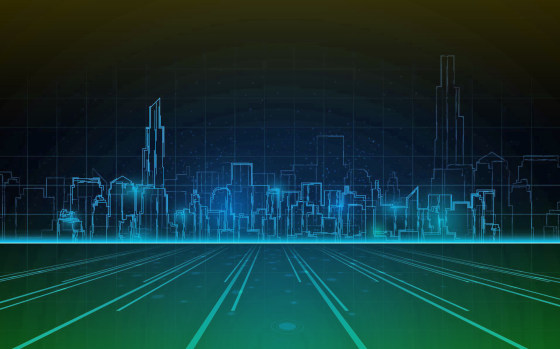
Some scientists believe it may be possible to test whether we exist within a simulated world.(iStock / Getty Images)
Learn More:
To explore more about Thomas Campbell’s experiments and his work in exploring the nature of reality, visit his organization’s website at CUSAC.
As humanity continues to advance technologically and scientifically, questions like “Are we living in a simulation?” will undoubtedly continue to occupy both scientists and philosophers. Campbell’s work serves as an important step in bridging the gap between our understanding of physics and the nature of consciousness. Whether or not his experiments can definitively prove the simulation hypothesis, they offer a fascinating glimpse into the future of scientific inquiry and human exploration.
Featured Image Credit: Getty Images, CUSAC

